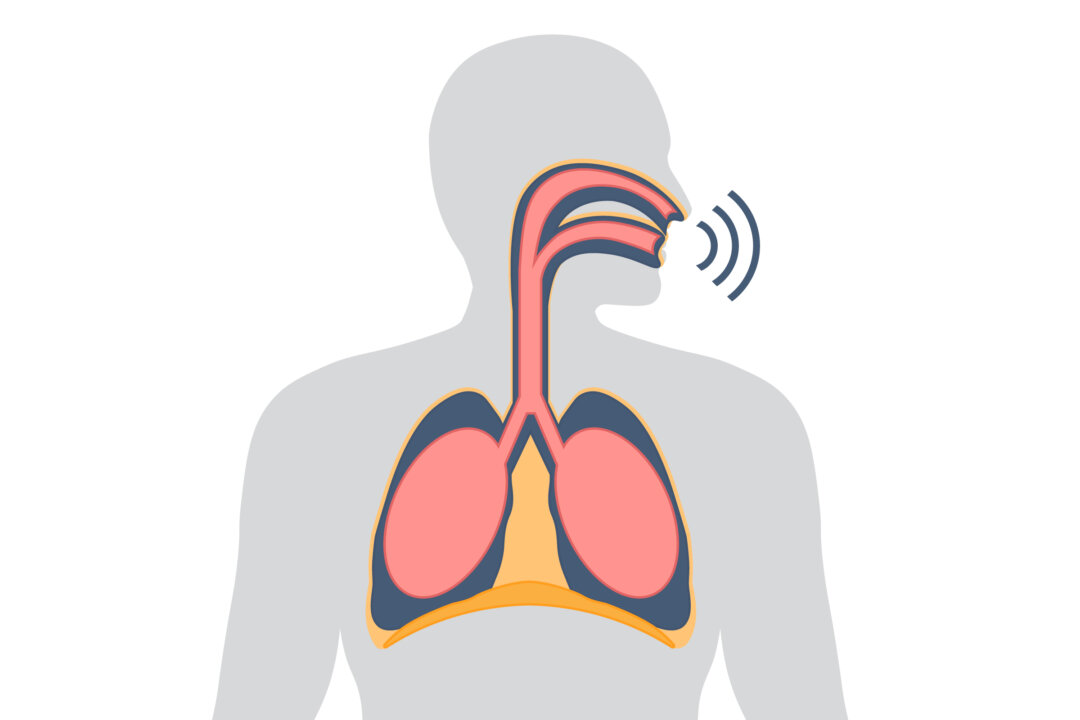Nine out of 10 Parkinson’s patients risk losing their voice, but a new United Kingdom study offers hope. Researchers divided participants into three groups: people who received LSVT LOUD treatment, those who underwent conventional UK National Health Service (NHS) therapy, and those who received no treatment. (LSVT LOUD, developed in the United States in the late 1980s, uses LSVT LOUD voice exercises to help patients project their voices at a more normal volume.
) LSVT LOUD training comprised 16 remote sessions over four weeks, including home-based practice. “This structure ensures that patients receive consistent and focused practice, which is essential for creating lasting changes,” Dr. Jonathan J.

Rasouli, a neurosurgeon at Northwell Staten Island University Hospital in New York, told The Epoch Times. This method is highly regarded in Parkinson’s speech therapy, he added. In contrast, NHS therapy provided speech and language therapy with local therapists, averaging one session every other week over 11 weeks.
The LSVT LOUD group’s score decreased by eight points, while the NHS treatment and no treatment groups both showed a 1.7-point reduction. “NHS speech and language therapy showed no evidence of benefit compared with no speech and language therapy,” the study authors wrote.
LSVT LOUD therapy showed “significant benefits” in emotional and functional areas, while NHS therapy showed no measurable advantage over no treatment at all. Voice changes in Parkinson’s can occur at various stages, often becoming noticeable in mid-to-late stages, Rasouli said. These changes may include softer voice (hypophonia), monotone speech, reduced pitch range, and slurred speech.
Therapy may vary in effectiveness among people with Parkinson’s, Korn-Leydon said. “One reason for this is that speaking is complicated,” she added. Speaking involves both muscle movements and cognitive processes, making it complex.
Parkinson’s affects both motor and nonmotor symptoms, with varying severity across patients. This variability necessitates tailored treatment plans that consider all symptoms, she noted. While the UK study is “a helpful addition to [the] literature,” according to Korn-Leydon, its small size calls for larger, more rigorous studies, including comprehensive research involving many patients to help identify the most effective therapy approaches, treatment aspects, and expected benefits.
.


















